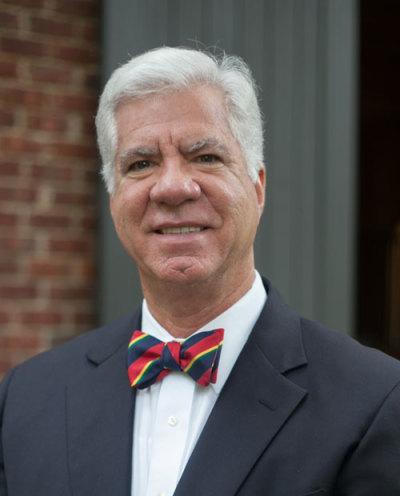Why Black Lives Matter

The Black Lives Matter movement continues to gain momentum and garner attention — both positive and negative — from the media. Most recently the group received criticism for a chant used during a march in Minnesota, which was interpreted as a reference to police officers: "Pigs in a blanket, fry 'em like bacon!" The offensiveness of this chant was heightened by the execution-style murder only one day before of Deputy Darren Goforth in Houston, Texas, with some suggesting that the rhetoric employed by the group may be inciting this kind of violence against law enforcement.
Many critics of the group say that this kind of conduct does nothing to facilitate authentic dialog but only fan the flames of tension and deepen the animosity between the black community and law enforcement. They accuse the leaders of the movement of ignoring black on black crime and other issues within the black community that contribute greatly to the plight of blacks in America.
Defenders of the movement reject these accusations with the counterclaim that the white community needs to take ownership of a legacy of institutionalized racism and entrenched bigotry that has colored the black experience in America since the days of slavery.
The New York Times editorial board had this to say of the movement:
"The 'Black Lives Matter' movement focuses on the fact that black citizens have long been far more likely than whites to die at the hands of the police, and is of a piece with this history. Demonstrators who chant the phrase are making the same declaration that voting rights and civil rights activists made a half-century ago. They are not asserting that black lives are more precious than white lives. They are underlining an indisputable fact — that the lives of black citizens in this country historically have not mattered, and have been discounted and devalued."
Of course, black lives DO matter. And as the above editorial points out, if the American people are honest they must acknowledge that this principle has not always been generally accepted throughout all of American history.
Indeed, there was a time when blacks were not viewed as people so much as they were property, property that could be bought and sold with impunity. Slaves were subject to summary execution by their owners and their lives were defined by their owner's motives: they were exploited for profit or pleasure as their master(s) saw fit. Thankfully we have closed the book on this chapter of American history. We fought a civil war and 600,000 lives were lost in defense of the idea that slavery was a moral evil and that black lives do, in fact, matter. The Constitution was amended to outlaw slavery, and the Fourteenth Amendment was adopted to settle the matter that all persons are to be treated equally under the law.
Unfortunately, old attitudes die hard. Despite new constitutional protections for African Americans, segregation was institutionalized, Jim Crow laws pervaded, voting rights were emasculated, and blacks were all too often treated like second class citizens. Advancement was hard won, often as a result of protest and controversy. The Black Lives Matter movement follows in this tradition.
While the emotional tenor of this issue is certainly understandable, the danger is that the anger and exasperation felt by so many within the movement will result in a zero-sum attitude towards law enforcement and other representatives of the "white establishment." To the extent they are perceived as advocating the death or destruction of law enforcement personnel, they will lose the moral high ground and support for their movement will suffer.
Lest we forget, blue lives matter too!
Indeed, advocates of equality and human dignity have a unique opportunity at this moment to affirm that not only do black lives matter, but ALL lives matter. Black lives, brown lives, yellow lives, white lives, young lives and old lives — all are members of the human family, all are inherently valuable, all are worthy of respect and protection.
The Black Lives Matter movement provides a golden opportunity to affirm the intrinsic worth, value and dignity of every human life.
Last Sunday, churches around the country, at the invitation of the bishops of the African Methodist Episcopal Church, dedicated their services to the theme of "Confession, Repentance and Commitment to End Racism." Parishioners were encouraged to meditate on what it truly means that each and every person is created in the image of God and called "beloved." We were encouraged to search our hearts for any vestiges of bigotry or discrimination and called to pursue the example of brotherly love set by Christ on the Cross. We were reminded that our lives have value because they have been created in the image of a Creator who loved us all so much that he sacrificed the life of his only son so that we might spend eternity in his presence.
Yes indeed, black lives matter. Every life matters. May the day come soon when we embrace this truth wholly, no longer looking at the color of our skin or the age or condition of our fellow man, but simply acknowledging that we are all members of the human family, deserving of respect and the full measure of protection of the law.





























